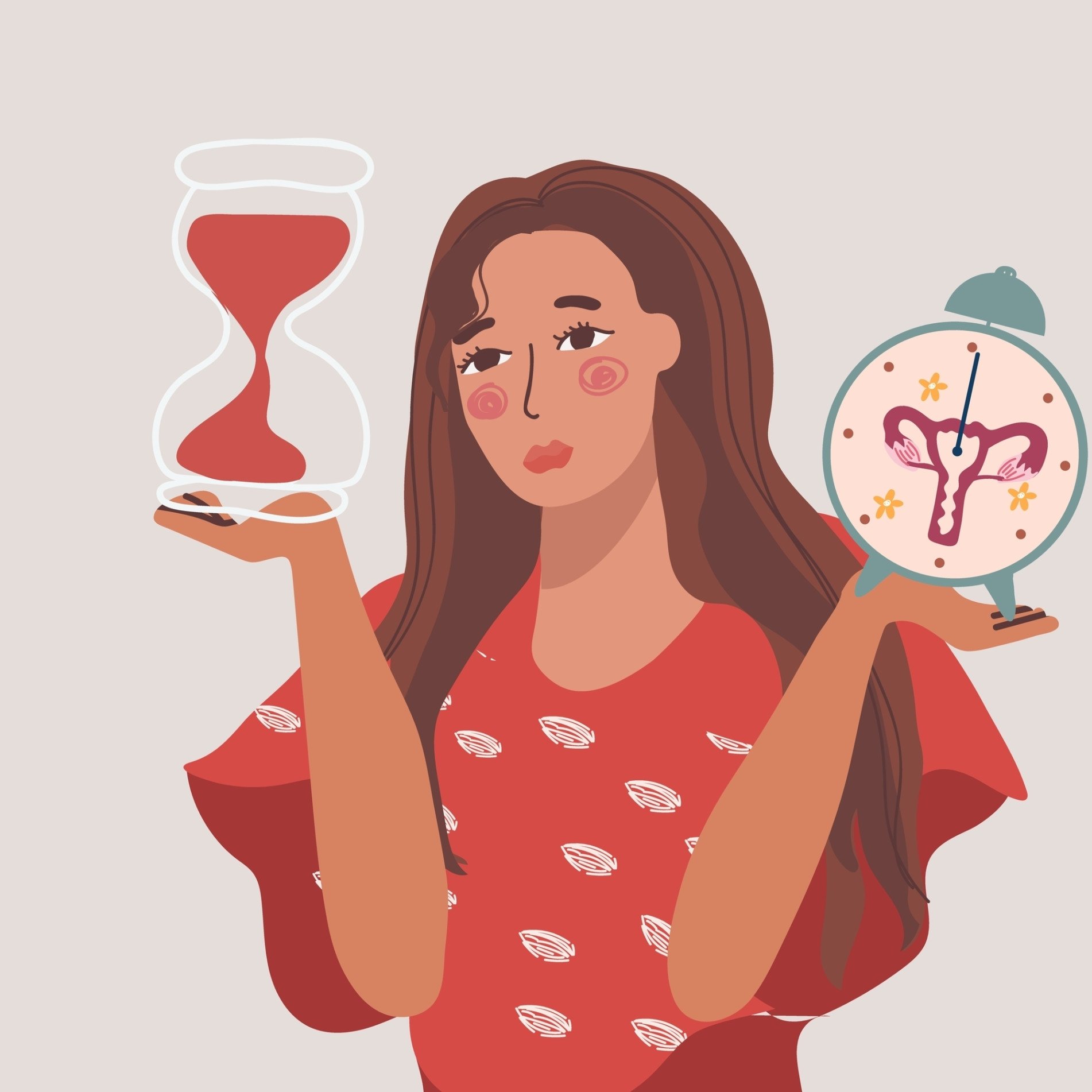Many women entering midlife report feeling foggy, forgetful, or emotionally out of sync—but distinguishing between ADHD symptoms and menopausal changes can be a challenge.
With rising awareness of how ADHD presents in women, particularly later in life, questions have emerged about how hormonal changes during menopause might interact with attention-related difficulties.
Do women with ADHD experience more intense menopausal symptoms than those without the condition?
A new study by Lauren Chapman, Kanak Gupta, Myra S. Hunter, and Eleanor J. Dommett, published in the Journal of Attention Disorders (2025), explores whether there is a meaningful link between ADHD and the physical, cognitive, and emotional symptoms of menopause.

The researchers found no significant difference in menopausal complaints between women diagnosed with ADHD and those without, regardless of menopausal stage or medication use. However, higher levels of ADHD symptoms—whether or not participants had a formal diagnosis—were associated with more intense menopausal complaints overall.
ADHD, a neurodevelopmental condition involving symptoms like inattention, impulsivity, and restlessness, is increasingly recognized in adult women, often long after childhood.
At the same time, menopause brings a range of physical and psychological changes as estrogen levels decline, typically beginning in the mid-40s.
These changes can include hot flushes, sleep disruption, memory problems, anxiety, and low mood—symptoms that overlap with ADHD, potentially complicating diagnosis and treatment in midlife.
To investigate whether women with ADHD have a different experience of menopause, researchers from King’s College London surveyed 656 women aged 45 to 60 living in the UK.
Of the participants, 245 reported a formal ADHD diagnosis, including 107 who were taking medication. The remaining participants did not have an ADHD diagnosis.
Using validated self-report questionnaires, the team assessed both ADHD traits and menopausal symptoms, including physical discomfort, mood changes, memory difficulties, and quality of life.
The results showed that neither an ADHD diagnosis nor medication status was significantly associated with worse menopausal symptoms.
That is, when comparing women with and without ADHD—both those on and off medication—researchers found no group-level differences in sleep quality, vasomotor symptoms (such as hot flushes), mood, or memory once statistical corrections were applied.
However, when looking at all participants together, the study found that women with higher ADHD symptom scores reported more severe menopausal complaints, including difficulties with sleep, concentration, and emotional wellbeing.
Interestingly, these associations were strongest in women without a formal ADHD diagnosis. Among women with ADHD, the link between symptom severity and menopausal difficulties appeared weaker.
One possibility, the authors suggest, is that women with ADHD may attribute memory lapses or mood swings to their existing condition, while others might interpret similar symptoms as new or menopausal in origin.
These findings raise questions about how midlife women interpret and report their symptoms, and how ADHD traits—whether diagnosed or not—might influence their experience of menopause.
While the study does not suggest that ADHD causes more severe menopausal symptoms, it does point to a complex interaction between cognitive and hormonal factors in this life stage.
Understanding these interactions is important, especially as both ADHD and menopause are underdiagnosed and undertreated in women.
In the UK, women report feeling unprepared for menopause and often struggle to get appropriate support. Likewise, ADHD in adult women is often missed or misdiagnosed, in part because symptoms can differ from the more overt signs seen in boys and men.
Together, these gaps can leave women navigating significant health changes without clear guidance.
The study’s authors highlight the need for more research into how ADHD and menopause interact, particularly through longitudinal studies that track symptoms over time and explore women’s interpretations of their experiences.
They also recommend more targeted support for midlife women, especially those managing coexisting health concerns.
While the findings are reassuring in that ADHD does not appear to worsen menopause symptoms overall, the results underline the importance of individualized care.
The authors note that women who experience changes in attention, mood, or memory during midlife may benefit from support, regardless of whether those symptoms stem from ADHD, hormonal changes, or both.
The study has several limitations. It relied on self-reported ADHD diagnoses, which may not capture clinical accuracy, and the sample was largely composed of white women in the UK, limiting generalizability to more diverse populations. The study also excluded women using hormone therapy or contraceptives, focusing solely on the natural menopausal process.
Still, this research offers a valuable starting point. As awareness grows around how ADHD manifests in adult women, and as conversations about menopause become more open, understanding the overlap—and the distinctions—between these experiences can help improve both diagnosis and care.
For clinicians, researchers, and women alike, it’s a reminder that midlife health is multifaceted—and that listening carefully to how women describe their symptoms remains essential.
Citation
Chapman, L., Gupta, K., Hunter, M. S., & Dommett, E. J. Examining the Link Between ADHD Symptoms and Menopausal Experiences. Journal of Attention Disorders. https://doi.org/10.1177/10870547251355006

